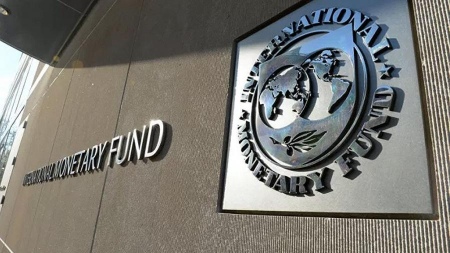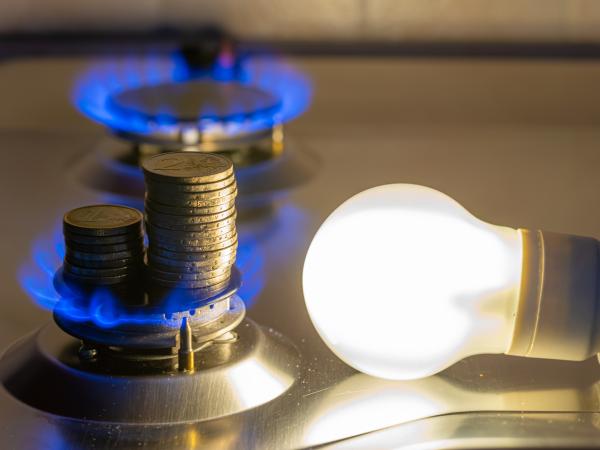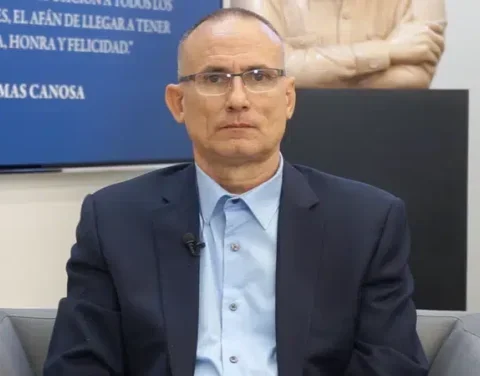The Argentine government faces this week the payment of 1.4 billion dollars to the International Monetary Fund (IMF), based on the maturity schedule established in the current program that refinanced the loan of 45,000 million dollars made during the administration of Mauricio Macri.
Some 692 million dollars expire this Monday, while on Wednesday another 710 million dollars must be paidwhich must be settled before the completion of the fourth review corresponding to the last quarter of 2022, which will end next March
The Argentine Government met the goals of the last quarter of the year with the IMF according to estimates by analysts consulted by Télamthanks to the implementation of the so-called “soybean dollar II”, adjustments in fiscal accounts and the policy of curbing direct financing from the Central Bank to the Treasury.
This will enable the multilateral organization to trigger in March a new disbursement for Argentina for US$ 5,000 million.
The fourth revision of the program that the IMF maintains with Argentina will be developed in February at a technical level, and it is expected that the revision will be approved in March.
The IMF disbursements are matched so that Argentina can face the maturities of the program that this management inherited from the Macri administration, which for the current year they add payment commitments for some US$ 19,850 million.
According to the payment schedule, With the expiration of Monday, Argentina would have faced a total of US$ 2,650 million in January.
The payment schedule and the analysis of specialists
Based on the goals agreed with the IMF, Argentina had to end 2022 with a net accumulation in reserves of at least US$ 5,000 million, a figure that it finally exceeded and that, based on private estimates, “will not require a waiver” (forgiveness) to pass the exam.
However, some analysts warn about the existence of some pressure on the monetary base and therefore inflation, as a result of the policies applied to meet the objectives set.
“Taking into account our estimates, the goals of monetary financing to the Treasury, of primary fiscal deficit, of the floating debt stock and of accumulation of international reserves, main within the agreement, would have been met,” said Claudio Caprarulo, director of Analytica.
That is to say, “the first three that refer to the fiscal field channeled their way to be achieved from the adjustment made by the change of management and the greater capacity of rolling the debt in pesos,” said the specialist when reporting the task carried out. by the Minister of Economy, Sergio Massa, since last August, when he took office.
ARGENTINA WILL CARRY OUT A DEBT REPURCHASE FOR MORE THAN USD1,000 MILLION
The announcement was made by the Minister of Economy @SergioMassawho explained that the objective is “to continue improving Argentina’s external debt profile to continue lowering the country risk.”
– Ministry of Economy of the Nation (@Economia_Ar) January 18, 2023
Regarding the accumulation of net international reserves“after adjusting the goal of U$S 500 million that were considered pertinent due to the higher energy spending as a result of the rise in international prices, the goal would have been exceeded by U$S 495 million thanks to a strong brake on the imports hand in hand with non-automatic licences, price incentives for exports through the “soybean dollar” and freely available loans from international organizations,” Caprarulo explained.
For his part, Emiliano Anselmi, chief economist at the consultancy PPIsaid thanks to the soybean dollar, which allowed the BCRA to buy US$ 7,344 million in its two versions, the reserve goal was reached.
“We estimate that the net reserves would have closed the year at around US$7.650 million, growing by US$5.320 million compared to the end of 2021. Given the required objective, the goal would have been overachieved by US$1.070 million,” he considered.
In addition, “The extra collection from withholdings derived from the ‘soybean dollar 2’ would have contributed 0.2% of GDP, and this could contribute to reaching the goal of 2.5% of GDP for 2022 or that the deviation is minimal (0.2% of GDP),” he added.


















